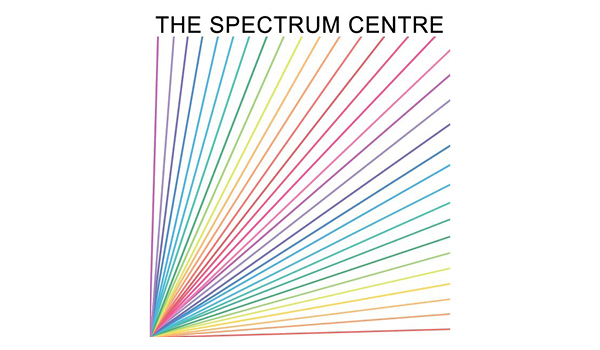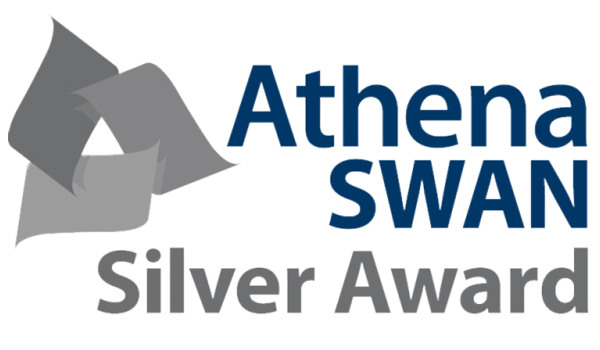The aim of this module is to provide students with an advanced introduction to the methods commonly used in health research. Students will gain knowledge and understanding of:
-
How to use Moodle for distance learning and engage with peers and staff online
-
Using the library as a distance learning student
-
How to search the literature
-
Using End Note
-
How to synthesise evidence
-
Standards of academic writing
-
The nature of plagiarism and how to reference source material correctly
-
Theoretical perspectives in health research
-
The practical process of conducting research
-
How to formulate appropriate questions and hypotheses
-
How to choose appropriate methodology
-
Quantitative and qualitative research methods
-
Research ethics
-
Disseminating and implementing research into practice
-
Programme-specific research.
e-learning distance module
Autumn Term (weeks 1-10, October – December)
Credits: 30
Mode of assessment: 3000 word essay (75%) and a poster (25%).
This module introduces current topics and issues in mental health, covering theory (mechanisms underlying mental health), practice (psychosocial approaches to treating mental health problems), contemporary issues in mental health, and up-to-date research relating to these important topic areas.
The module will consist of weekly teaching and independent and collaborative learning activities covering concepts of mental health theory, research and practice with the following indicative content:
Theory - Mechanisms underlying mental health in a number of contexts (e.g., in the workplace, schools, clinical settings, community) and in different types of populations (e.g., severe and enduring mental health problems, people with other physical health conditions).
Research - methods for mental health research will critically appraised across all themes through engagement with and discussion about the evidence-base.
Practice - A number of approaches to preventing mental illness and improving mental health will be discussed. This includes individual therapy, self-management, family approaches, service user and relatives’ involvement, public health approaches, workplace interventions.
Deadline: January
e-learning distance module
Spring Term (weeks 1-10, January-March)
Credits: 30
Mode of assessment: 5000 word essay
This module explores the philosophical underpinnings of research. It begins with an introduction to epistemology, i.e. the philosophical basis of knowledge and its development. It then considers the influence of different epistemological bases on research methodology and explores the role of theory and theoretical frameworks in the research process. It also examines the nature of the knowledge that underpins evidence-based policy and practice and introduces the fundamental principles of ethics.
Deadline: April
e-learning distance module
Sunmer Term (weeks 1-10, April-June)
Credits: 30
Mode of assessment: 5000 word assignment consisting of two 2500 word components
This module introduces a range of methods used in health research. The focus is on justifying research design choices rather than practical skills in data analysis. The starting point is the development of meaningful and feasible research questions. The module then introduces a range of quantitative research designs and quantitative approaches to data collection. Next, the module looks at qualitative research designs and their relation to different epistemological positions, as well as how to integrate quantitative and qualitative methods into mixed methods research. The module also explores issues such as sampling and quality across different research designs.
Deadline: July














